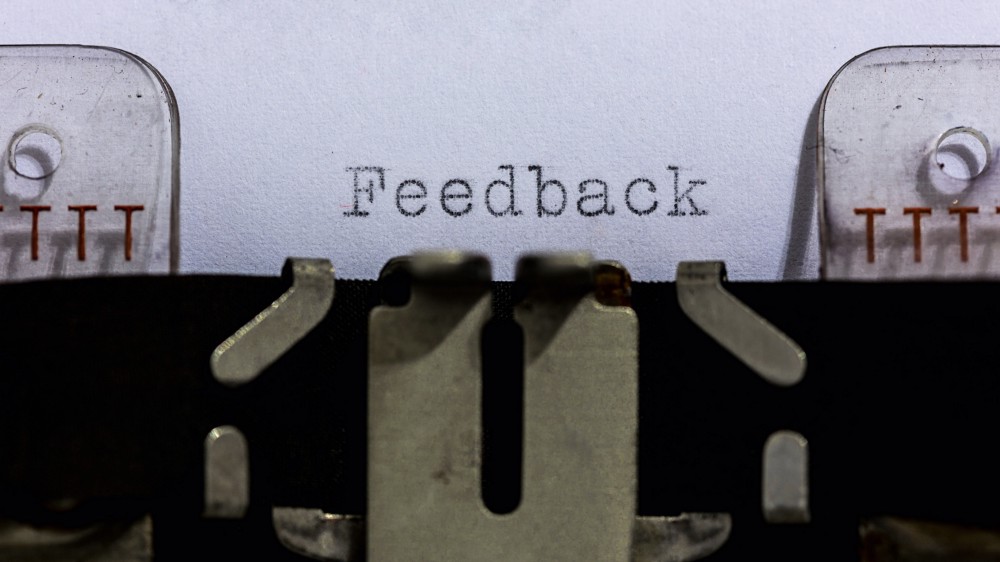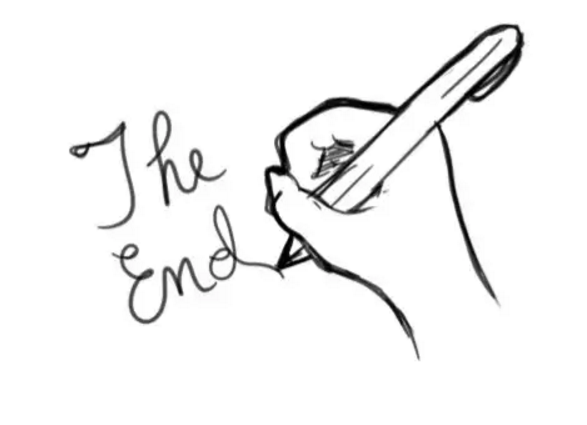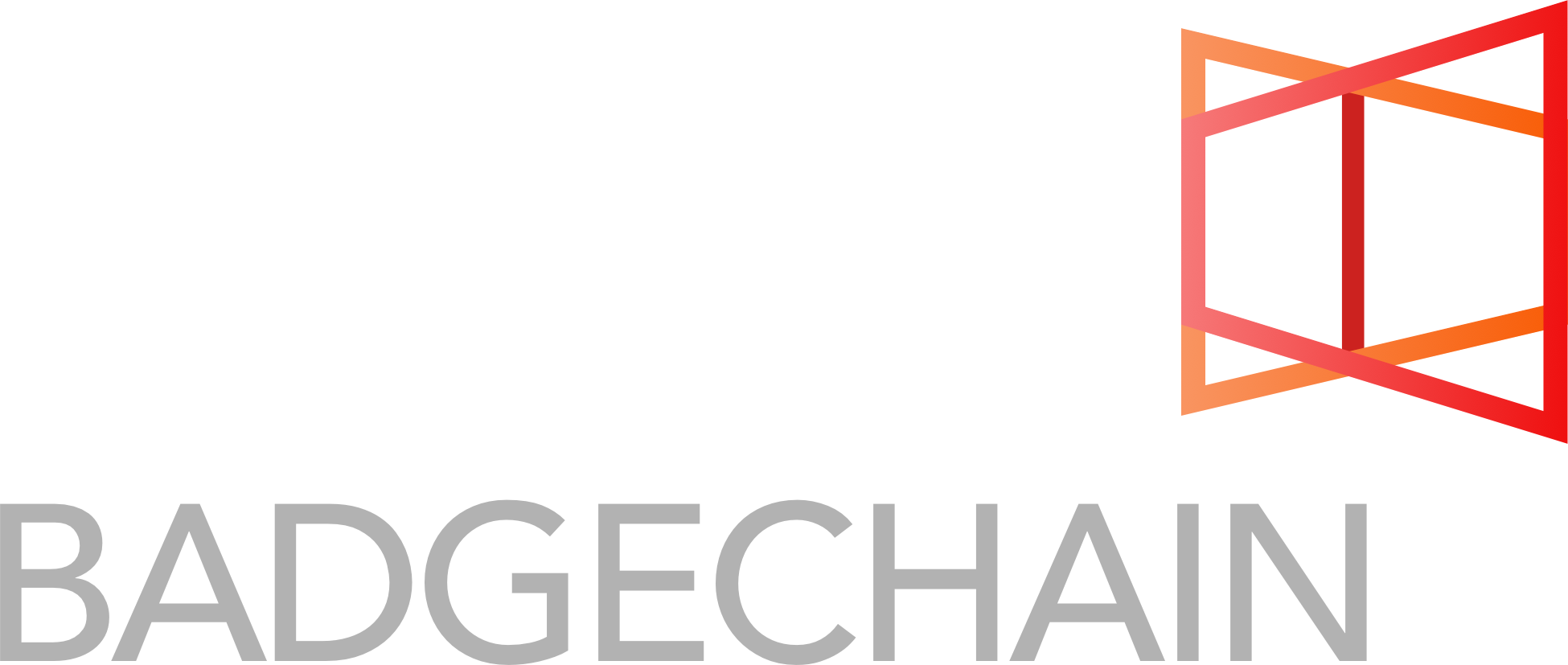
On March 22, 2016, I presented to the Open Badges in Higher Education working group. My materials for the session are available here. The etherpad used for the backchannel is available here. The audio recording of the session is available here.
During the call we received a lot of great feedback and questions about BadgeChain. This dialogue entered into the territories of ethics and philosophy as it relates to education, assessment, and credentialing.
In this post, I pulled out some of the questions shared during the session to allow the community to parse out responses. The purpose of this is to promote discussion of the topics listed below in the open. We’re also testing Medium for this type of thoughtful dialogue. Once again, in BadgeChain, we’re looking to conduct research in the open. This is one (possible) piece of the puzzle.
Below I have presented selected comments and questions from the discussion. I removed the names of the individuals that presented the comments. I modified/revised some of the queries and responses to indicate trends in the discussion..and motivate discussion here. You can review the etherpad for the full resource.
I have not included my responses to the prompts below. I encourage you to highlight, annotate, & mark up the questions below with your responses. I will do the same. We look forward to your commentary.
The ‘logic’ of blockchain was formed, several years ago, by banks who didn’t trust each other; it was a ‘standoff’ of sorts. Blockchain enforces trust by putting all the proverbial cards on the table. But, enforce is the right word. In education, we have lots of trust in one another, so is it good / right that we use a technology formed by a standoff to enforce trust with one another?
Have you identified any specific use cases for badges + blockchains yet? User stories? And if not, how can people collaborate to start thinking about what products are best for this combo?
What are the potential points of contact between blockchains, badges and xAPI? To what extent could real federation meet some of the these same goals?
How does this all connect wth metadata standards such as with IMS Global and their Open Badge Extensions in Education project?
There’s some ethical questions here. …Does a person have a right to be forgotten? I.e., some of the ethics discussions happening in the EU regarding Google. Would blockchain be permanent and unchangeable?
The discourse of tracking assumes big brother, not learner centric…All actions in the blockchain network become public, searchable, and interconnected. There is an upside and a downside to being able to track an identifier’s activity on this scale across time.
How does this play into creativity in learning? This tracking and aggregation of learning?
In what way does blockchain amplify or muzzle the use of badges to democratize academic credentials?
Formal education tends to be bad at teaching the power and value of failure on the path to learning. I wonder about how blockchain will impact failure, risk-tasking, and experimentation in the learning process.
If we truly want to break the current mold and not fear failure, we have to encourage a new way to assess competency and assessment. I like the interoperability of badgechain and what it brings to the table.

Like what you see here? Sign up for my newsletter to stay on top of weekly events in literacy, technology, & education.

Follow Us